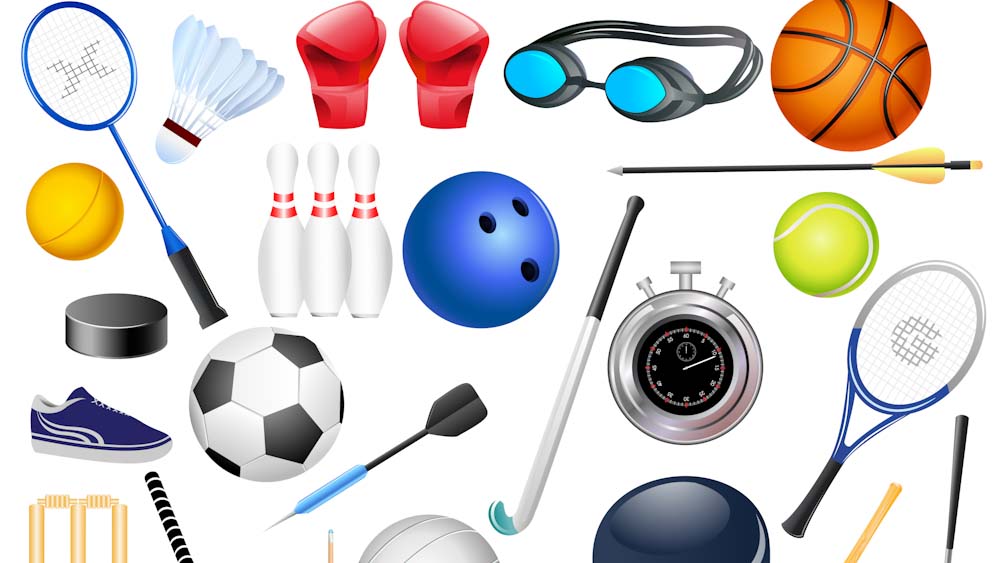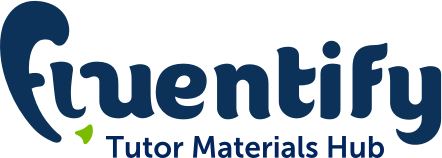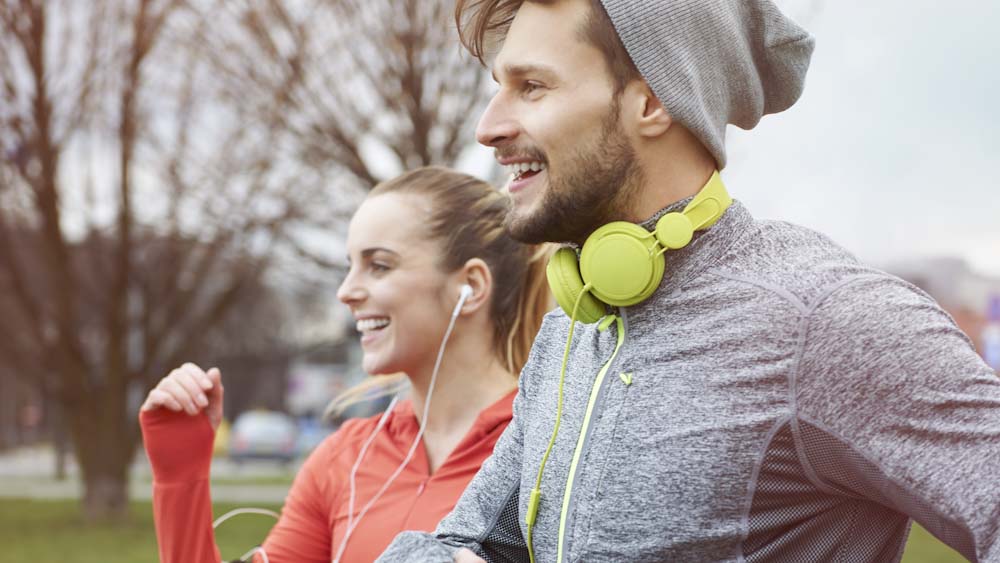Teach your student the language they need to talk about the favourite sports and exercise routine with our comprehensive vocabulary list.
The list includes speaking activities and a PDF illustration of sports equipment for your classes.
Movements
To warm up – at the beginning of exercise.
To cool down – at the end of exercise.
‘I warm up for 10 minutes before I do exercise and I cool down for five minutes after.’
To stretch – to condition your muscles.
To work out (a ‘workout,’ noun) – to exercise in the gym.
‘Doctors advise people to workout at least three times a week.’
To lift weights – to ‘pick up’ something heavy like weights.
‘Weight lifting is becoming a popular sport among millennials.’
Activity
The student is a personal trainer who must advise the tutor about how to exercise safely and not get injured.
Ball sports
To kick the ball – with your feet.
To hit the ball – with a bat or racket.
A foul / to foul – when you try to get the ball illegally.
‘The player was sent off when he fouled another player.’
To pass the ball – to pass a ball to your teammate.
To shoot the ball – to try to score a goal or basket.
‘The striker made three shots at goal and scored twice.’
To score a goal or point – to win a goal or point.
‘The team scored 45 goals to win the league.’
To save a goal.
‘The goalkeeper made an incredible save to help his team win the match.’
A tackle / to tackle – when you try to get the ball from the other side using your body.
‘The player was injured after a bad tackle.’
Attacker, defender, goalkeeper, striker – positions.
Activity
The student must explain to the tutor in detail the last ball game they played or watched and the result.
Results
To draw/ to tie – when both sides score the same amount.
‘Madrid and Barcelona drew 3,3.’
To beat another team – to win against another team.
‘Barcelona beat Madrid 2,1.’
To win the match.
To lose the match.
Activity
The student tells the tutor two famous teams from their country. The tutor then writes different scores and the student must say the outcome.
For example:
Tutor: ‘Madrid vs. Valencia 3,2.’
Student: ‘Madrid beat Valencia 3,2. ‘
Injuries
To hurt yourself – to cause yourself damage.
‘I have hurt my arm,’ or, ‘my arm hurts’.
To injure yourself – to cause yourself damage in a more serious way.
‘I have injured my leg’.
Injury (noun).
‘He has an old injury from climbing which still causes him pain.’
Locations
An ice rink.
Tennis, basketball volleyball court
Football and baseball pitch
Running track (within the track there are ‘lanes’).
Swimming lanes.
Ski piste
Sports: Do, play, go
The rules
It’s ‘to do sports’ when the activity is inside and without a ball.
For example, ‘to do aerobics, spinning, yoga, karate, boxing.’
It’s, ‘to play sports’ when the activity uses a ball.
For example, ‘to play tennis, football, golf, hockey, basketball, volleyball.’
It’s ‘to go + gerund’ when the activity is outside but without a ball.
For example, ‘to go skiing, surfing, horse riding, running, walking, swimming, sailing, climbing, hiking.’
Activity
The teacher says the sport and the student must guess whether it’s with ‘to do, to go or to play.’
Equipment

Locker, gym, whistle, to whistle, gym kit, shin pads, googles, stopwatch, trainers, gloves.
Activity
Share this image with your student using the shared screen function or send them the PDF using the attachment function in the chat.
Next see how many objects in the image your student can name.
Final thoughts
We hope you find out sports vocabulary lessons useful. What have we missed? Share your thoughts in the comments section below.

